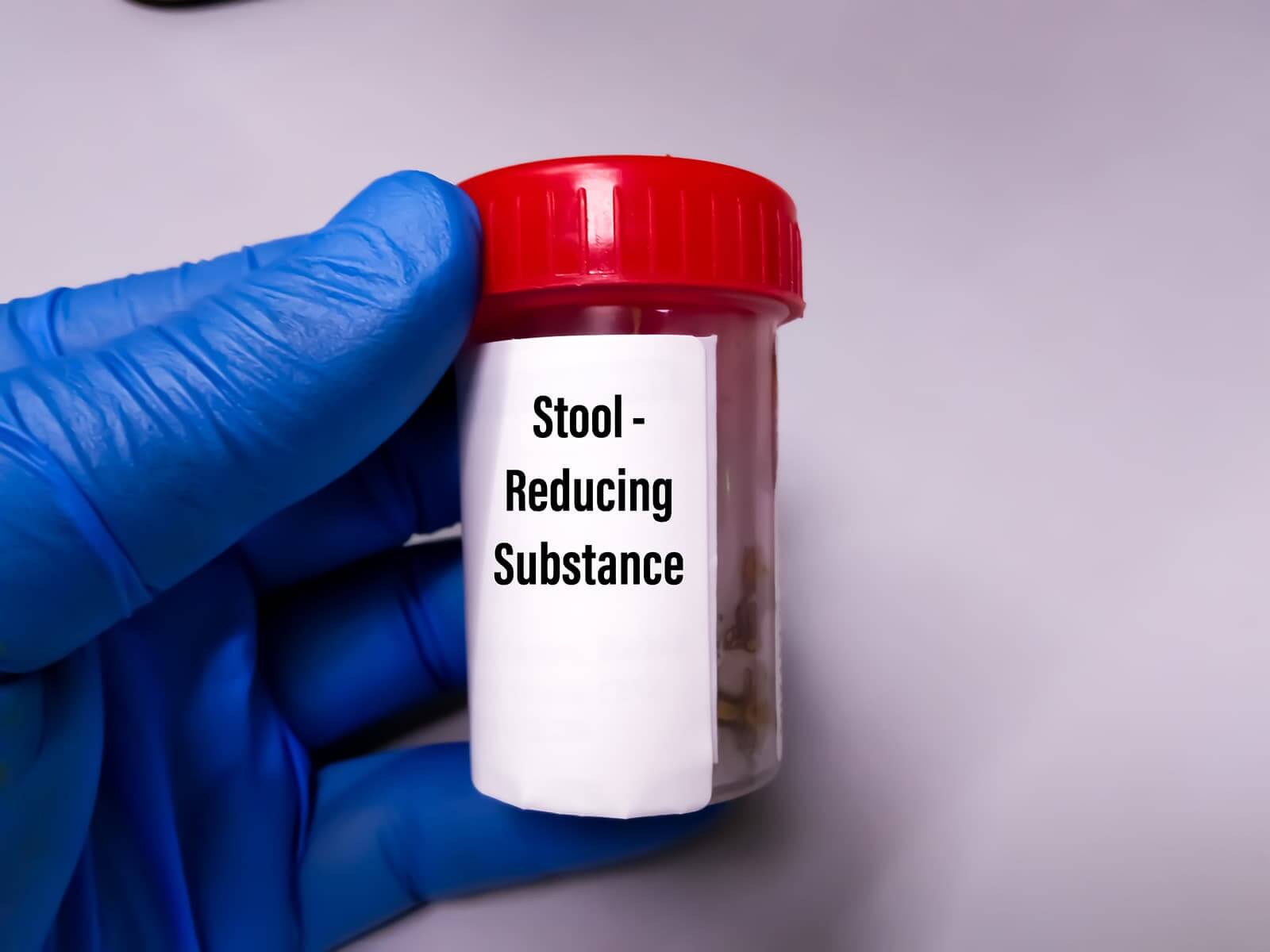
Fecal abnormality Fecal abnormality is any unusual alteration in your stool such as weird colour, texture, or content of your stool which may be a symptom of some underlying disorder in your digestive tract or your system in general. They may be greasy or pale stools until there is observed undetected blood or excess fat in the case of absence of any other definite diagnosis.
On your bowel movements, you might find some or all of the following red flags:
Several factors can disrupt normal stool formation and lead to fecal abnormalities:
GastroDoxs focuses on diagnostics and treatment of fecal abnormalities and other related problems based on the patient-centered approach and involving the most topical solutions to the issue. Here at the Jersey Village, we have an intimate and personal approach where you will get a response very fast, we will code your case in ICD-10 so that you can have an easy time during the billing procedure and we will assist you- at right here. Wait no longer: Book an appointment today and begin to enhance the digestive health.
We've successfully treated more than 1.4K patients, helping individuals improve their digestive health and overall well-being through expert, personalized care.
With over 20 years of experience, GastroDoxs has been a trusted provider of gastroenterology care, focusing on delivering the best outcomes for patients
The fecal abnormalities not classified by more specific stool diagnoses according to the ICD-10 code are R19.5.
Fecal fat is a test that is conducted to ascertain the amount of fat in your stool in order to know how effectively your body is breaking and absorbing the fats in your diet. High amounts have the potential to indicate the issue of malabsorption.
A fecal immunochemical Test (FIT) is a fecal examination that determines the presence of hidden (occult) blood in the feces that can be a prelude of bleeding along the digestive tract.
Most stool tests do not require significant preparation, but you should follow the recommendation of your physician, e.g. in case of diets or avoidance of some medicines, to ensure that the outcomes are valid.
Yes. The fluid, loose or frequent bowel movements are normally as a result of bacterial, viral or parasitic infection and is a way of trying to eliminate the cause.
Fecal globin abnormal indicates that your stool test had shown that there was blood. Further examination is to be carried out in order to determine the source of bleeding.
Even the abnormal fat test would not be life threatening but the sign that your body is not taking up nutrients in the normal way and hence may lead to deficiencies in the long run.
Absolutely. Personal modifications on your diet, such as reduction of fat content in the diet, steering clear of your triggers or specialty diet of meals, can play a significant role in stool consistency and overall digestion.
GastroDoxs in Jersey Village have gastroenterologists specializing in the diagnosis and treatment of fecal abnormalities and this implies that they have quality services at the place close to home.
When your stools are not performing normally, e.g. when it always changes color, has blood, mucus or diarrhea does not stop within few days then make an appointment with your physician.